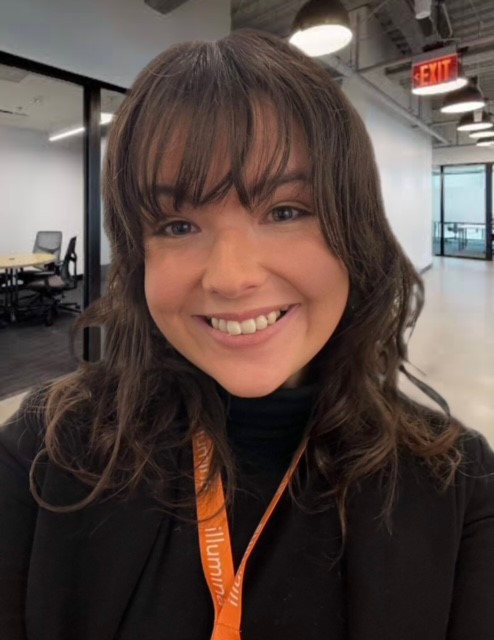As World Cancer Research Day is approaching on the 24th September with the theme this year as ‘Integrating diversity, advancing research, and achieving equity’, we celebrate our significant commitment to cancer research through our biobanking infrastructure.
The Victorian Cancer Biobank (VCB) is a critical research infrastructure for cancer research and clinical trials. Through strong partnerships with major healthcare providers in Melbourne and across Victoria, VCB enables Victorians affected by cancer to empower research. We continue to create significant impacts to the research community in advancing scientific discoveries and boosting the local and international research and development landscape.
Here are some of our recent achievement highlights:
- VCB has achieved an impressive recruitment figure of 39,441 donors.
- VCB has supported 60 research projects in just last year, accruing over 300 research projects benefited from VCB so far.
- 19 highly-impactful scientific publications cited VCB’s contribution last year.
- VCB has signed a MOU with Singapore Translation Cancer Consortium to foster collaboration in biobanking and cancer research to address this critical unmet need.
On this special day, we are very pleased to have Ms Ashley Rudge, a biobanking expert from Peter MacCallum Cancer Centre (our consortium partner), who will share how she and the biobank are contributing to cancer research.
Interview with Ashley Rudge
 Ms Ashley Rudge, Peter MacCallum Cancer Centre Tissue Bank Manager
Ms Ashley Rudge, Peter MacCallum Cancer Centre Tissue Bank Manager
Q1 Tell us about your role in biobanking.
The world of biobanking is an important resource for health and medical research. In broad terms, we provide ethically obtained human samples to support researchers in making game changing discoveries that will ultimately improve cancer outcomes.
As a Tissue Bank Manager, I manage the biobanking operations of the Peter Mac Tissue Bank (a member of Victorian Cancer Biobank). On a typical day, I work closely with my team to obtain consent from patients (and healthy individuals), collect, process and/or store samples (and relevant information), providing them to researchers locally and internationally for their scientific work.
As enabling patients to empower research is in our DNA, I strive to promptly provide these donated human samples at their best fit for research projects, expediting ground-breaking discoveries. This is achieved through our strong engagement and communication with patients, various hospital teams (e.g. surgeons, pathologists) and researchers. Our multi-hospital collaboration as the Victorian Cancer Biobank consortium synergises our capabilities in achieving this goal.
Q2 In your view, how does Victorian Cancer Biobank consortium contribute to cancer research?
The VCB utilises its strength in numbers as a consortium to offer a breadth of opportunity to empower research by providing a wide catchment of tumour streams and donors across Victoria – including 5 Tissue Bank sites, collecting from 28 hospitals and a Central Operations team.
As a consortium, we care about the need for human samples in research of any kind, aiming to offer fit-for-purpose human samples in an open access manner.
Q3 What do you most enjoy about working in biobanking?
I love the fact that we connect and interact with the patients that we obtain and collect samples from to help facilitate cancer research. We provide an opportunity for patient empowerment to participate in real change and contribute to furthering cancer therapies/treatments and diagnostics. Furthermore, maintaining a patient connection to the samples we provide allows us to keep the patients at the forefront of our minds – in striving to make a difference.
Q4 What would you like to say to the participants who donated blood/tissue samples to the Victorian Cancer Biobank program?
I would like to give immense thanks to every single person that has donated and supported cancer research through the VCB. Your generosity and altruism have and will continue to make a difference to cancer research across Victoria and the world – positively impacting those in the future who will face a cancer diagnosis. All we have achieved is attributed to you.
About World Cancer Research Day (WCRD)
The WCRD is launched in 2016:
- To raise awareness and commitment for cancer research
- To facilitate access to scientific advances worldwide
- To improve survival and quality of life of cancer patients
- To reduce the global impact of this disease
https://www.worldcancerresearchday.com/